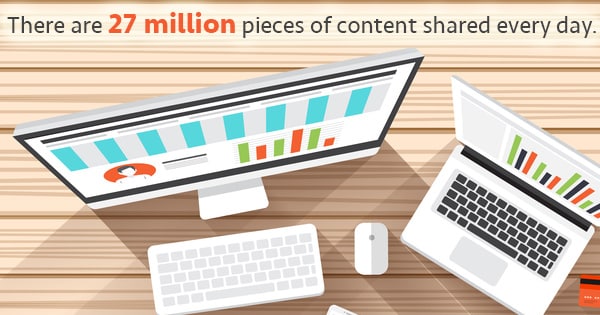Oh to live in a world where one only has to sign into Twitter or Facebook and utter the phrase ‘Viva Le Revolution’ with a time and a Google Mapped place and your government is as good as overthrown.
Although, the timeframe for such transitions of power need to be short as Western support tends to wane after a couple of days due to an ill-timed celebrity death or the latest one-liner attributed to Sue Sylvester on Glee. Come on, Iran would’ve been the new beacon of Western democratic values had Jacko not keeled over.
As a rule, however, you can squeeze another couple of days out of the average Western twitterer’s attention span should you have the sense to spread your struggle out over the weekend.
Imagine the Spanish Revolution today: George Orwell slapping a twibbon on his avatar and retweeting to his heart’s content the plight of the Spanish vanguard as opposed to trotting over to Spain to take up arms with the Workers’ Party of Marxist Unification.
Actions speak louder than tweets as the old saying goes. Or, a tweet is quicker than a bullet as I’m sure a newer one goes.
But as Egypt flicks its internet kill switch and the rest of the Arab region (which has a 6.77% facebook penetration rate) considers their own protests, British plod are looking at monitoring twitter during bouts of social unrest:
Her Majesty’s Inspectorate of the Constabulary said police forces would have to focus on speed and communication as demonstrators turn to Internet sites such as Twitter to coordinate their actions.
“Large numbers of protesters can be organized in hours and change their focus in minutes through the use of social media and mobile phones,” the report said. “Those responsible for commanding events must plan with this adaptability in mind.”
The report singled out UK Uncut, a protest group organized quickly by Twitter users upset at the government’s plans to slash public spending and perceived tax avoidance by major British companies. The group has used social-networking sites to help coordinate their actions; the tools include a live mapping service intended to help protesters dodge police cordons.
But here’s the kicker:
It also said that police forces — many of which have long been working to expand their online presence — would have to consider how best to communicate with tech-savvy protesters.


